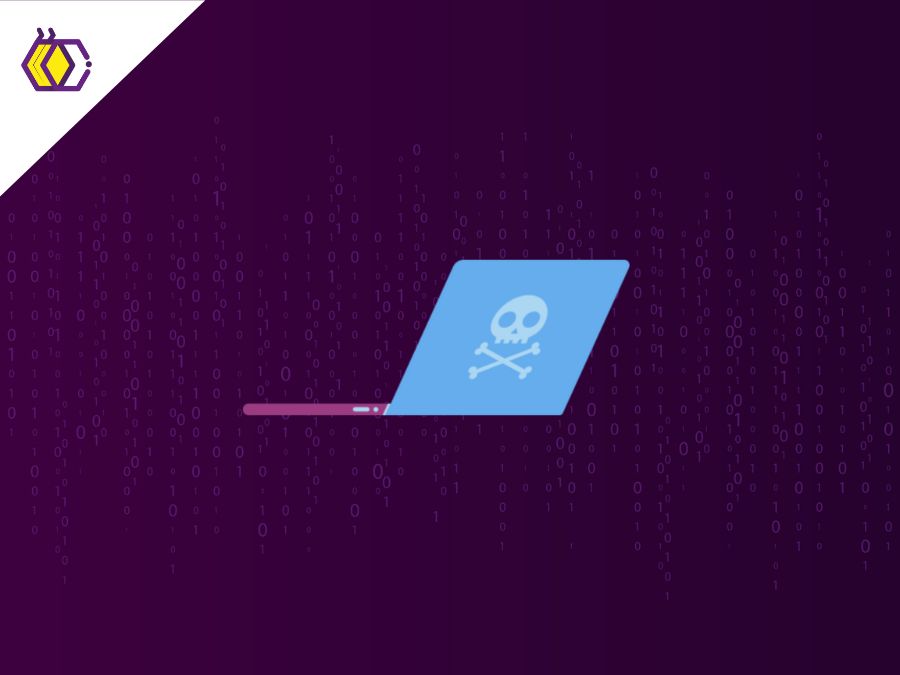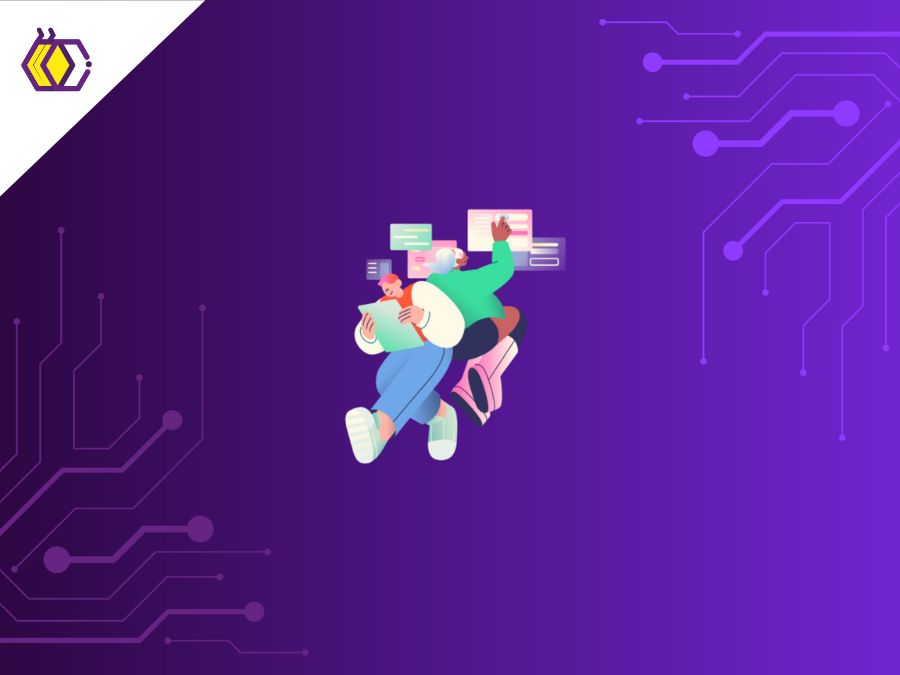
Ethical Software Development
(5 minutes of reading) In the current technology scenario, where innovation is advancing by leaps and bounds, software development is a crucial activity that permeates all spheres of our lives. However, in addition to creating functional and efficient systems, developers have an ethical responsibility to ensure that their products contribute to a safe, inclusive, and responsible digital environment. Ethical software development involves a series of principles and considerations that go beyond simple coding. In this text we list some of these fundamental principles that must be taken into consideration. Come read! DEVELOP SOFTWARE RESPONSIBLY In the world of programming, we are constantly driving innovation and building solutions that transform the way we interact with the digital world. However, as we move towards an increasingly technological future, it is essential to remember that our responsibility goes beyond simply creating efficient and functional code. We must also commit to ethical software development. What exactly does it mean to develop software ethically? In essence, it's about ensuring that our products and systems are built with consideration for the impacts they will have on users, society, and the world as a whole. This involves a series of fundamental principles that we must incorporate at all stages of the development process. PRIVACY AND DATA SECURITY One of the pillars of ethical software development is protecting the privacy and security of user data. As developers, we have a responsibility to ensure that our users' confidential information is treated with the highest level of care and security. This includes implementing robust security measures, such as encryption and two-factor authentication, to protect data from unauthorized access. Additionally, we must be transparent about how our systems operate and what data is being collected and used. Users must be informed about how their information is being used and can consent or not to the processing of their data. Furthermore, we must be responsible for any negative consequences our systems may cause and be prepared to be accountable for our decisions. EQUITY AND INCLUSION Another crucial aspect is promoting equity and inclusion in our products. We must ensure that our systems are accessible to everyone, regardless of their background, identity, or ability. This means designing intuitive interfaces, providing support for different languages, and ensuring that people with disabilities have equal access and usability. SOCIAL AND ENVIRONMENTAL IMPACT Finally, we must consider the social and environmental impact of our systems. This includes evaluating how our products can affect different user groups and society, as well as minimizing our impact on the environment by optimizing resource and energy consumption. Ethical software development is not only a moral choice, but also an imperative necessity in an increasingly digitized world. By incorporating ethical principles into our daily work, we can build a more inclusive, safe, and responsible digital future for everyone. As developers, we have the power and commitment to shape that future in a positive way - let's do it ethically and responsibly.
Share this article on your social networks:
Rate this article:
Other articles you might be interested in reading
- All (185)
- Career (38)
- Competitions (6)
- Design (7)
- Development (112)
- Diversity and Inclusion (3)
- Events (3)
- History (15)
- Industries (6)
- Innovation (38)
- Leadership (8)
- Projects (23)
- Well being (18)

Cloud Computing and Digital Transformation and Social Impact
(5 minutes of reading)
In recent years, we have witnessed a quiet revolution that is fundamentally reshaping the way we live and work. At the center of this transformation is cloud computing, a technological innovation that transcends physical limits and opens up new horizons of possibilities. This text will talk about this subject that is transforming the IT area. Come read!...

Tech in Education
(9 minutes of reading)
In the contemporary educational landscape, technology plays an increasingly crucial role, revolutionizing not only the way students learn, but also how educators teach. As we adapt to a digitally connected world, new trends are emerging that promise to further transform the way education is designed and delivered. Come read this text to learn about the latest trends in educational technology and explore their impact on student development and the evolution of teaching. Come with us!...

Ethical Software Development
(5 minutes of reading)
Developing software is a complex activity that goes far beyond simple coding. It involves a meticulous process of planning, design, implementation, testing and maintenance to create reliable, efficient, and secure systems. However, in addition to seeking functionality and performance, developers must also carefully consider the ethical aspects of the software they are creating. In this text we will talk about ethics and responsibility when developing software. Come read!...

Balance Between Professional and Personal Growth
(6 minutes of reading)
In a world driven by the constant search for professional success, we often find ourselves immersed in our careers, forgetting the fundamental balance between professional and personal growth. As we dedicate hours to coding, solving problems, and advancing our technical skills, it's essential to remember that our journey as human beings go beyond the lines of code. Come read our text and see super cool tips on how to achieve this balance!...

How to Highlight Programming Competition Awards on your CV
(6 minutes of reading)
In a field as dynamic as software development, it is crucial to stand out from the crowd. An exceptional way to do this is through recognition and awards won in competitive programming competitions. In addition to demonstrating your superior technical skills, these awards attest to your ability to solve complex problems, collaborate as a team, and deliver exceptional results under pressure. Today we will talk about the curriculum and competitions, are you interested? Come with us!...

Open Source and Collaboration
(5 minutes of reading)
If you're ready to start exploring the world of open source, be aware that you will encounter many learning opportunities and challenges. Collaboration is at the heart of this environment, driving innovation and influencing the direction of technology. Come read our text to find out more about this subject!...

 Innovation
Innovation 

